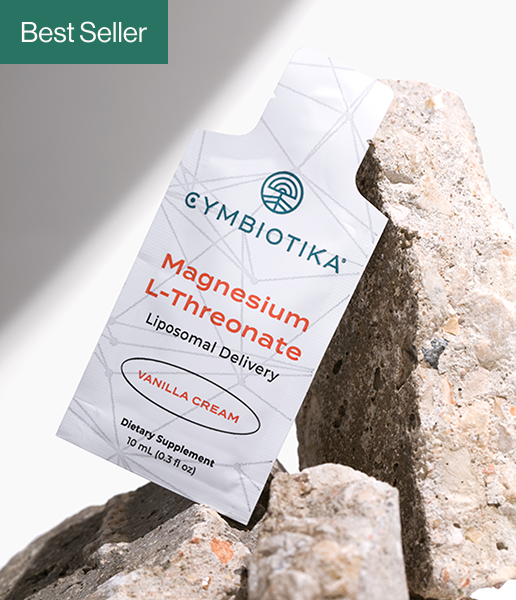
RIBOFLAVIN
‘Riboflavin (also known as vitamin B2) is one of the B vitamins, which are all water soluble. This vitamin is an essential component of two major coenzymes, flavin mononucleotide (FMN; also known as riboflavin-5’-phosphate) and flavin adenine dinucleotide (FAD). These coenzymes play major roles in energy production; cellular function, growth, and development; and metabolism of fats, drugs, and steroids. The conversion of the amino acid tryptophan to niacin (sometimes referred to as vitamin B3) requires FAD. Similarly, the conversion of vitamin B6 to the coenzyme pyridoxal 5’-phosphate needs FMN. In addition, riboflavin helps maintain normal levels of homocysteine, an amino acid in the blood”(1)
"The role of riboflavin has also been dealt in the prevention of a wide array of health diseases like migraine, anemia, cancer, hyperglycemia, hypertension, diabetes mellitus, and oxidative stress directly or indirectly. The riboflavin deficiency has profound effect on iron absorption, metabolism of tryptophan, mitochondrial dysfunction, gastrointestinal tract, brain dysfunction, and metabolism of other vitamins as well as is associated with skin disorders. Toxicological and photosensitizing properties of riboflavin make it suitable for biological use, such as virus inactivation, excellent photosensitizer, and promising adjuvant in chemo radiotherapy in cancer treatment. A number of recent studies have indicated and highlighted the cellular processes and biological effects associated with riboflavin supplementation in metabolic diseases.” (2)
“Vitamin B2 helps break down proteins, fats, and carbohydrates. It plays a vital role in maintaining the body’s energy supply.
Riboflavin helps convert carbohydrates into adenosine triphosphate (ATP). The human body produces ATP from food, and ATP produces energy as the body requires it. The compound ATP is vital for storing energy in muscles.
Along with vitamin A, vitamin B is essential for:
Maintaining the mucous membranes in the digestive system
Maintaining a healthy liver
Converting tryptophan to niacin, an amino acid
Keeping the eyes, nerves, muscles and skin healthy
Absorbing and activating iron, folic acid, and vitamins B1, B3 and B6
Hormone production by the adrenal glands
Preventing the development of cataracts
Fetal development, especially in areas where vitamin deficiency is common
Some research suggests that vitamin B2 may help prevent cataracts and migraine headache, but further studies are needed to confirm this.
Other studies have found that in children with autism, supplements of vitamins B2, B6, and magnesium appear to reduce the levels of abnormal organic acids in the urine.” (5)
Studies that have examined the antioxidant properties of riboflavin and its effect on oxidative stress reduction show results that confirm the antioxidant nature of riboflavin and indicate that this vitamin can protect the body against oxidative stress, especially lipid peroxidation and reperfusion oxidative injury.
The mechanisms by which riboflavin protects the body against oxidative stress may be attributed to the glutathione redox cycle and also to other possible mechanisms such as the conversion of reduced riboflavin to the oxidised form.
Riboflavin is essential for nutrient metabolism, maintaining and protecting the mucous membranes in the digestive system,It helps in the absorption of minerals such as iron, folic acid, and other vitamins such as B1, B3, and B6. Riboflavin enhances natural immunity by strengthening the antibody reserves and by reinforcing the defense system against infections. Total antioxidant protection.
Benefits
Aids in digestion
Helps to prevent birth defects
Aids in healthy weight gain
Helps to enhance energy levels
Reduces risk of Alzheimers disease
Helps to protect and develop bones
Beneficial in improving blood circulation
Reduces risk of cardiovascular disorders
Useful for muscle growth and development
Helps in maintaining optimal blood pressure
Regulates Thyroid Activity
Protects the nervous system
Increases Immunity
Riboflavin may also exert a neuroprotective effects in some neurological disorders (e.g., Parkinson disease, migraine, and multiple sclerosis) through its role in some pathways that are hypothesized to be impaired in neurological disorders such as antioxidation, myelin formation, mitochondrial function, and iron metabolism.(3)
Riboflavin as the glutathione reductase coenzyme
Glutathione requires riboflavin in the FAD coenzyme form for its activity. GR converts oxidised glutathione to the reduced form. FAD transports hydrogen from NADPH to oxidised glutathione to convert it into the reduced form. Reduced glutathione acts as an endogenous antioxidant in different cell types and deactivates reactive oxygen species. Through its action, this peptide is deactivated as it is converted to the oxidised form. Therefore, oxidised glutathione should be reduced by GR again to recover its antioxidant properties, the process in which riboflavin has a key role.
Consequently, there is a possibility that riboflavin deficiency could affect the antioxidant properties of glutathione and lead to an impaired antioxidant potential of cells.(4)
FOUND IN THE FOLLOWING PRODUCT(S)
Works Cited & Studies
(1) Riboflavin - Health Professional Fact Sheet
(2) Riboflavin and health: A review of recent human research
(3) Riboflavin in Human Health: A Review of Current Evidences
(4) Riboflavin (vitamin B2) and oxidative stress: a review
(5) Medically reviewed by N.Butler, R.D., L.D. — Written by Brazier on March 7, 2017










